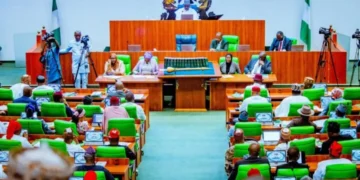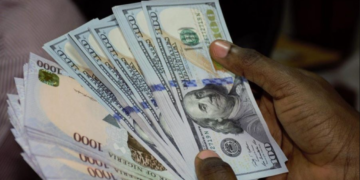The Minister of Finance and Coordinating Minister of the Economy, Wale Edun, yesterday assured Nigerians that the non-oil revenue remittances by its agencies in 2024 will surpass the N13 trillion it recorded in 2023. He gave the assurance when he appeared before the Senate Committee on Finance chaired by Senator Sani Musa. The committee is investigating the “Remittance of Internally Generated Revenue by MDAs and Evidence of Payment of 1 percent Stamp Duty into the Consolidated Revenue Fund Account from 2020-2023.” He said in January alone, over N100 billion was remitted by the Ministries Departments and Agencies (MDAs). Edun said in the same period in 2023, only N20 billion was remitted into the Consolidated Revenue Fund of the Federal Government. He explained that the remitted revenue from June to December 2023 stood at N3.6 trillion, while the total collection for the 12 months of the year was N13 trillion.
He said the government was looking forward to higher non-oil revenue output by the end of December 2024 with the policies introduced by the present administration of President Bola Tinubu. Edun also spoke on the government’s 1 percent stamp duty collection, saying that a total of N53 billion was remitted in 2023 or an average of N3.7 billion every month. The minister explained that the final tally exceeded the target of N44 billion set by the National Assembly. For 2024, he disclosed that first-quarter capital releases so far stood at N124 billion, while N581 billion had been spent on salaries and other recurrent expenditures, aside from the N71 billion released for overhead costs. On measures to revamp the economy, Edun told the committee that the government had done a lot, including initiatives on stabilizing the naira against the dollar and the implementation of a more transparent social welfare scheme for the citizenry. For instance, he said one of the major errors of the past, which brought the economy to its knees, was the administration of former President Muhammadu Buhari without a corresponding improvement in productive activities. “The inflation is due largely to eight years of printing the naira, which was not matched by production,” Edun stated.













































































